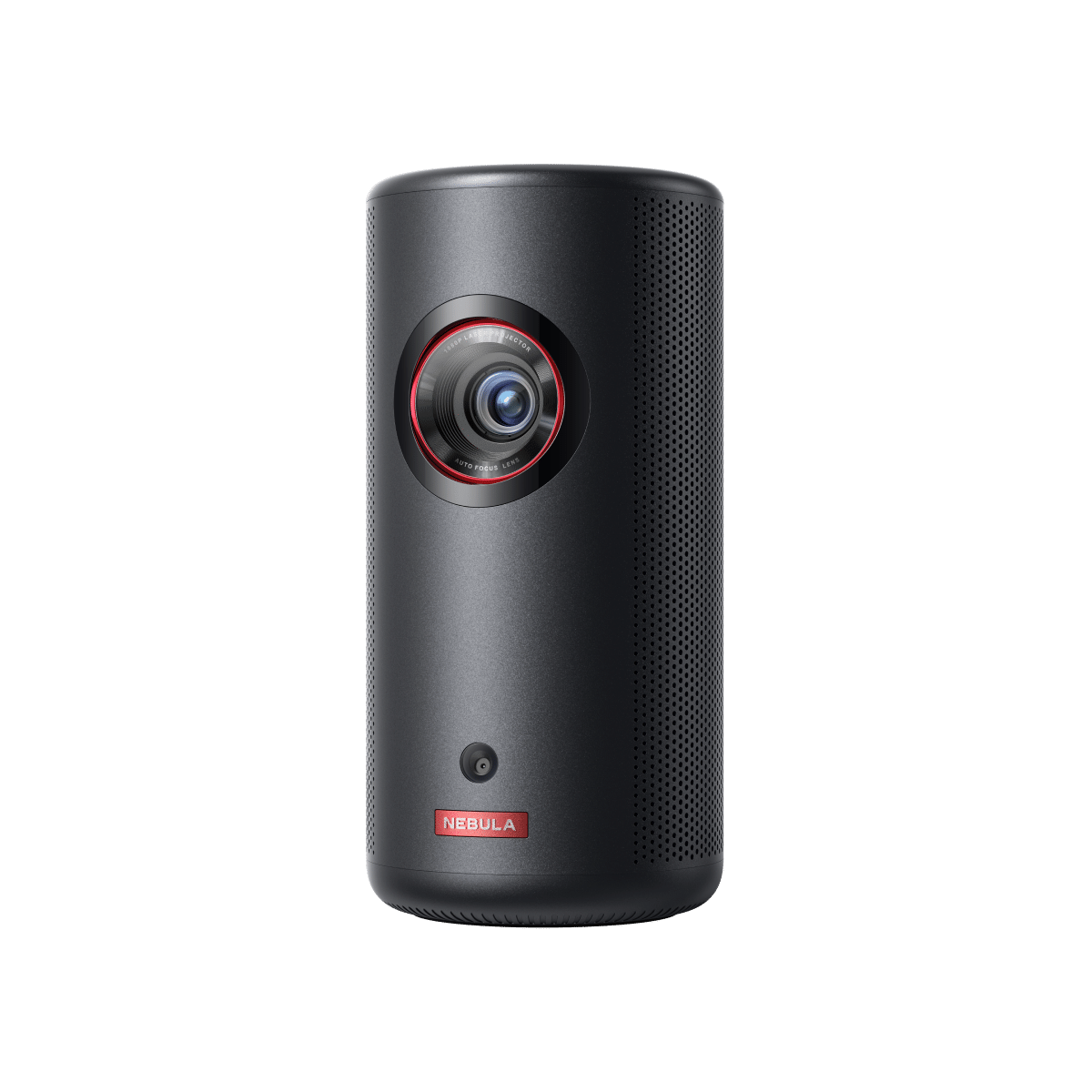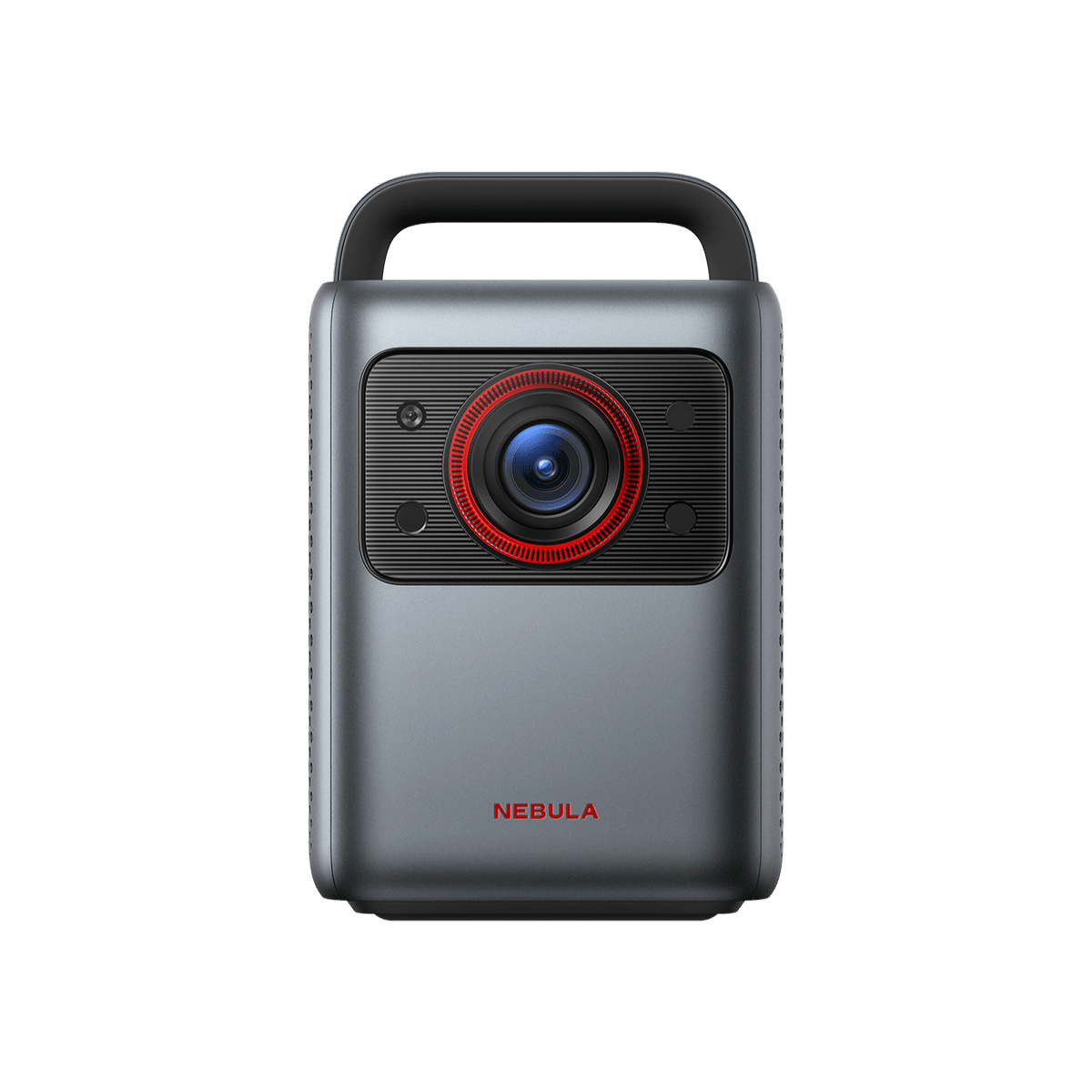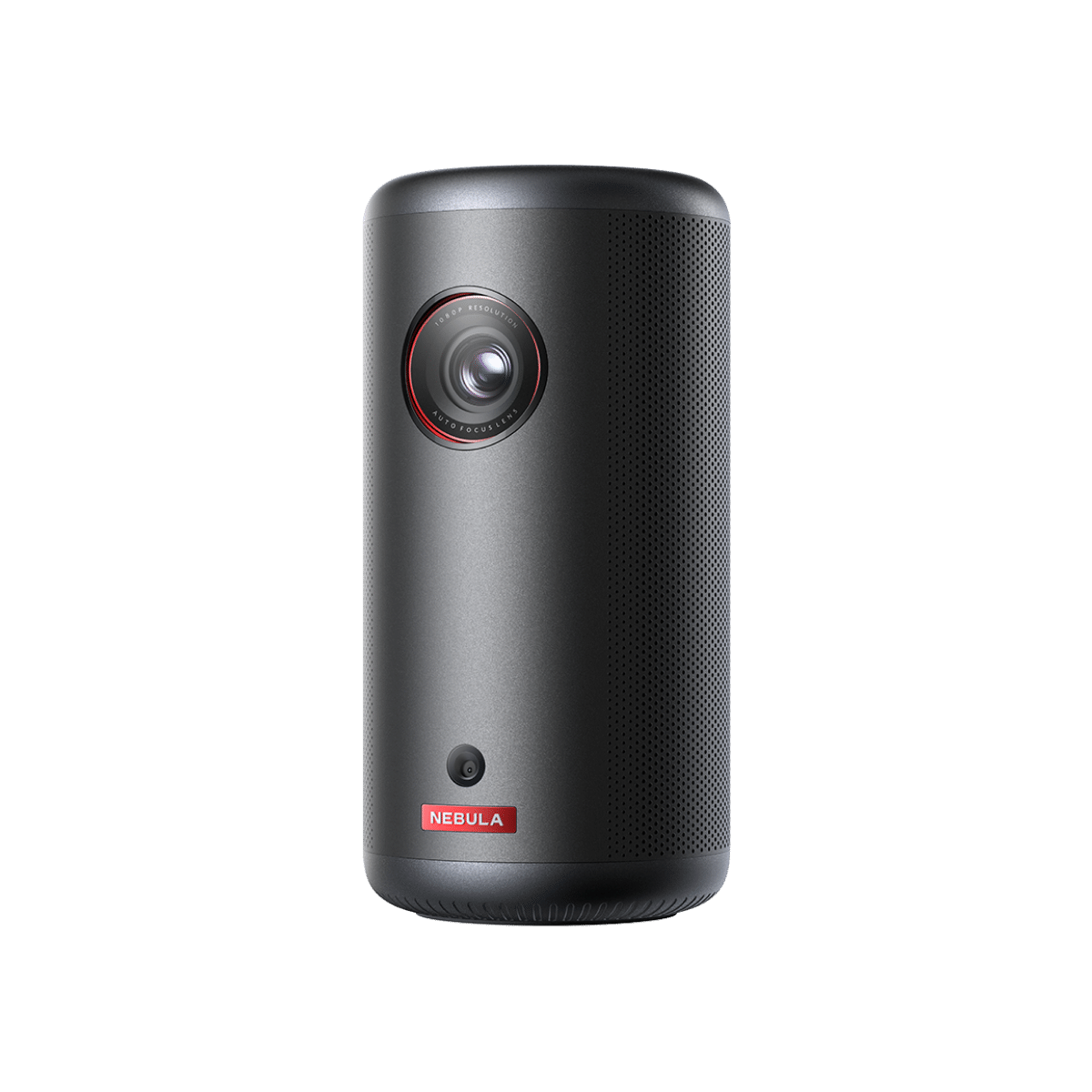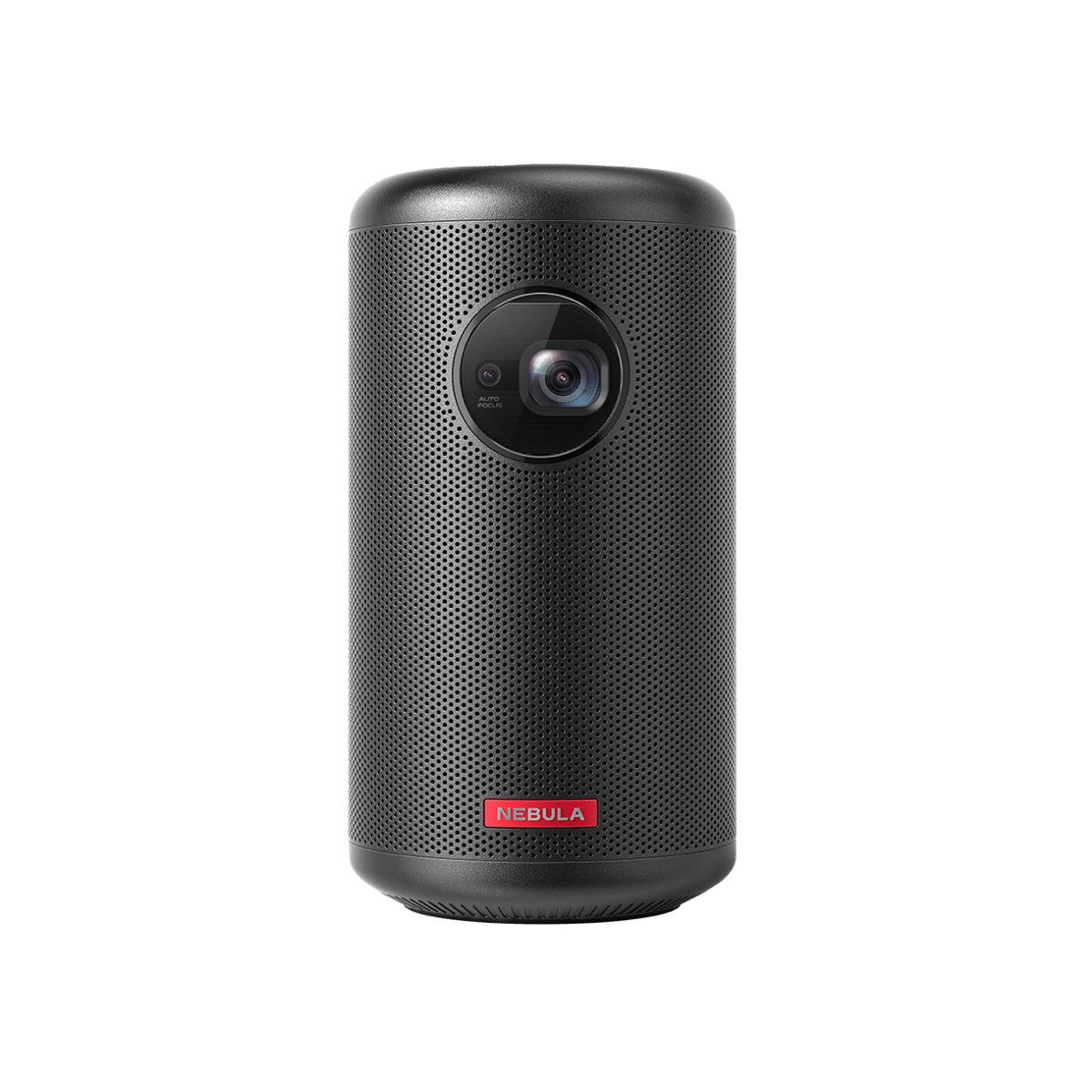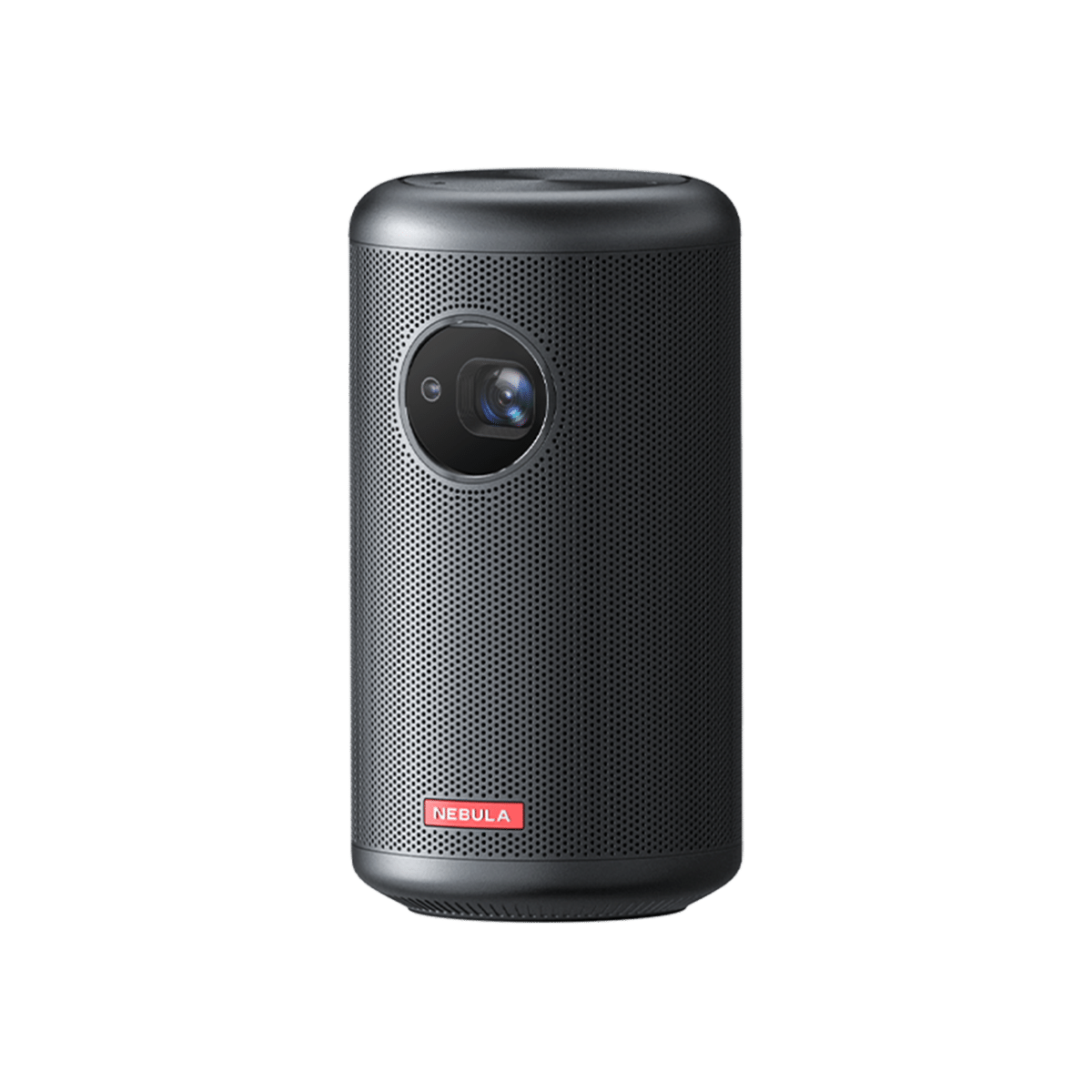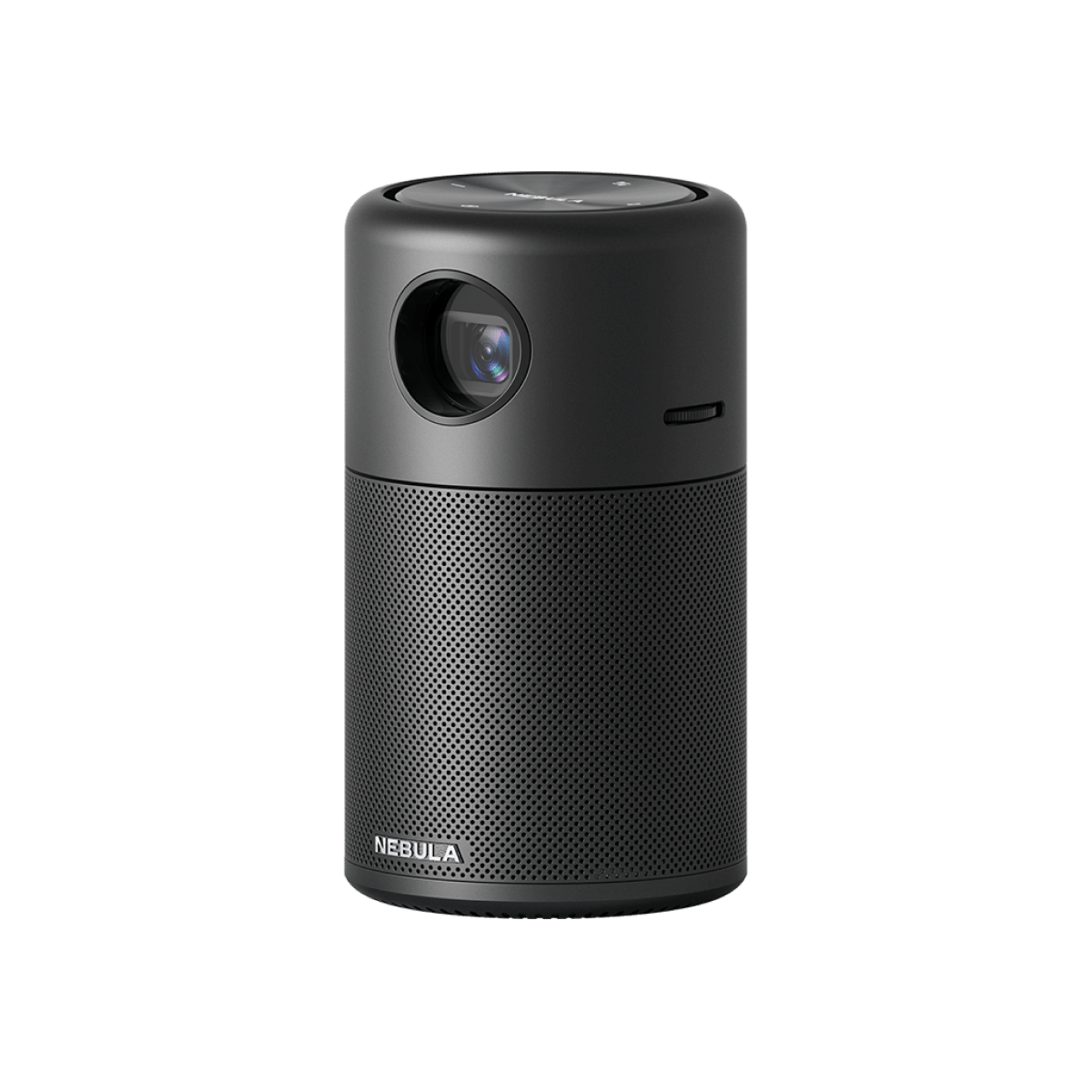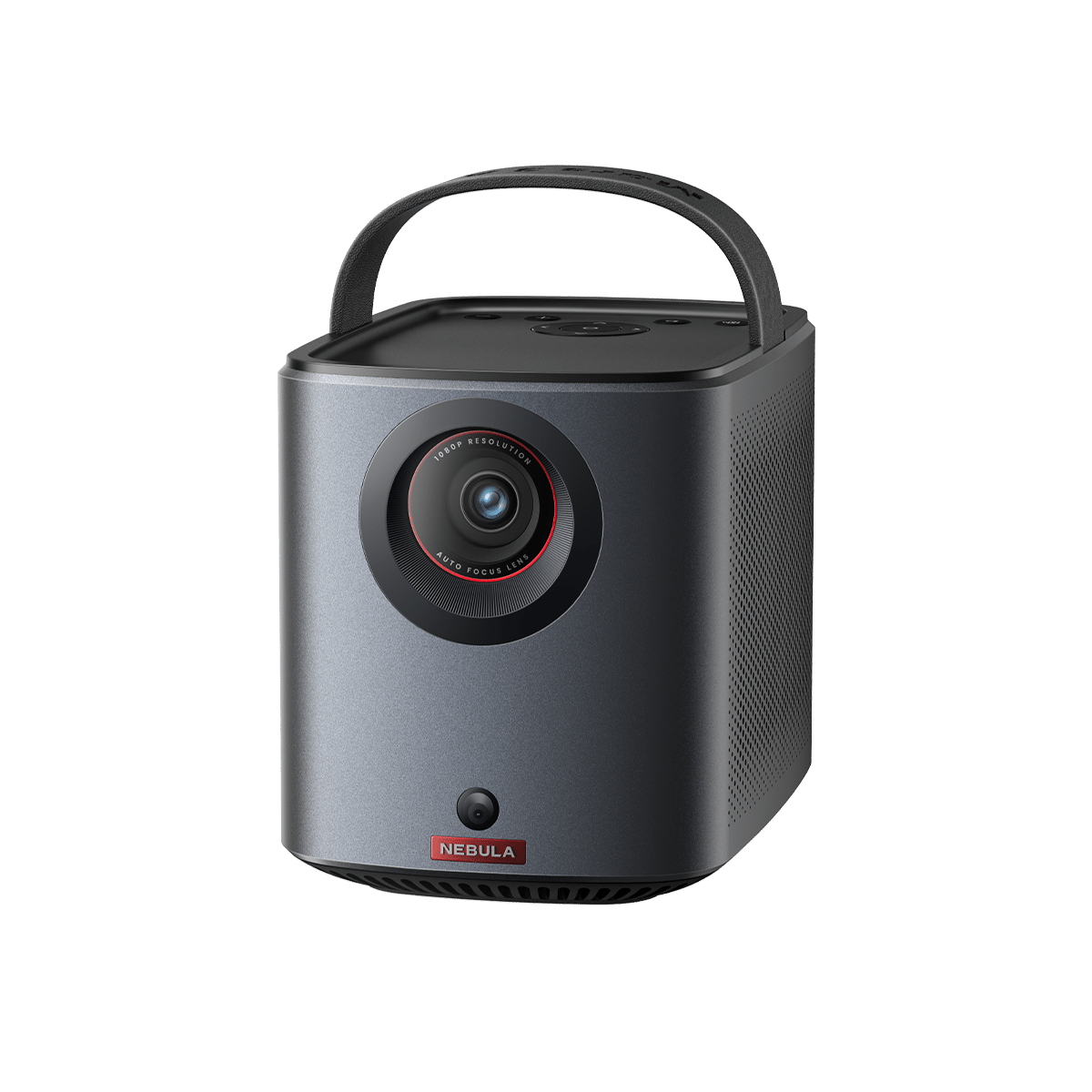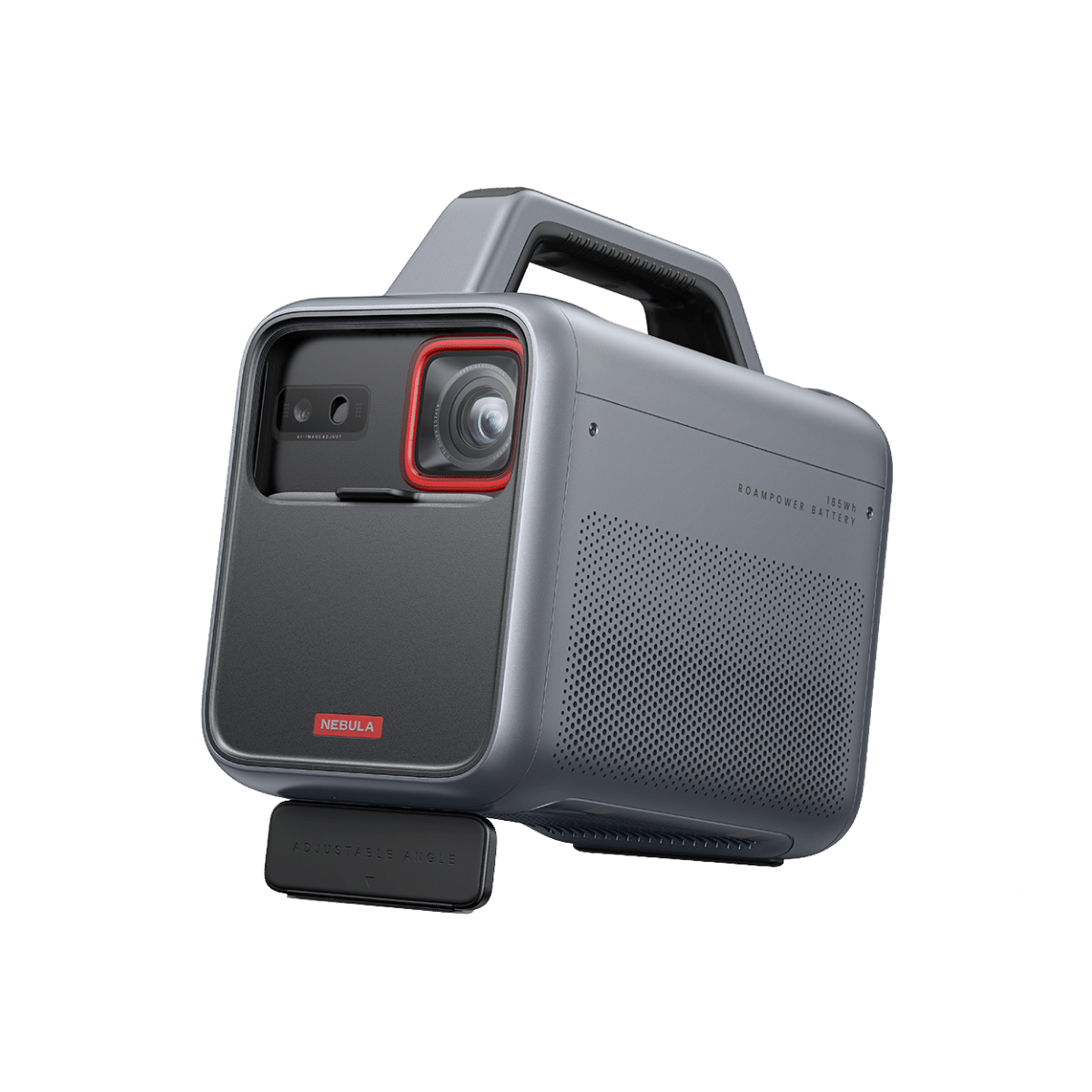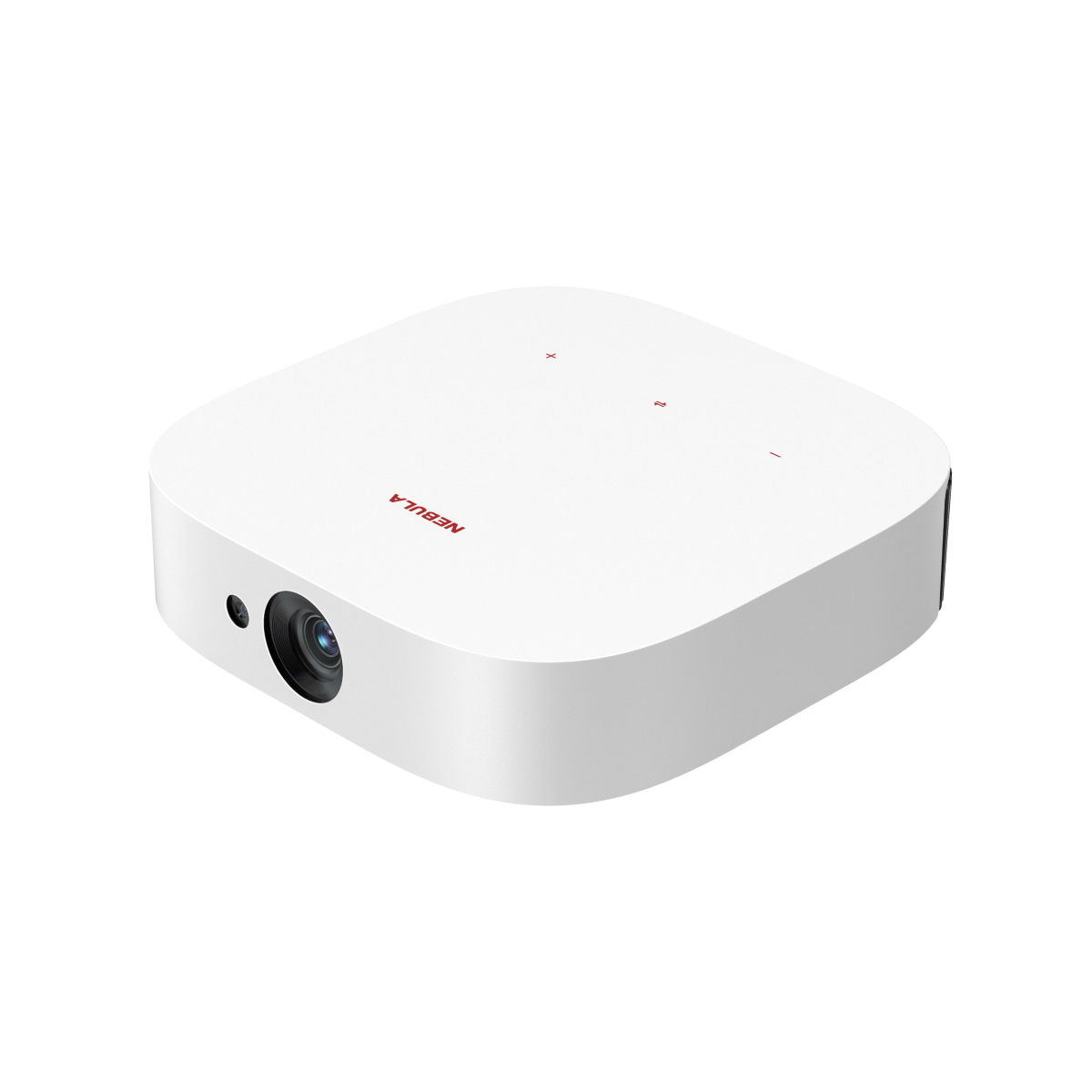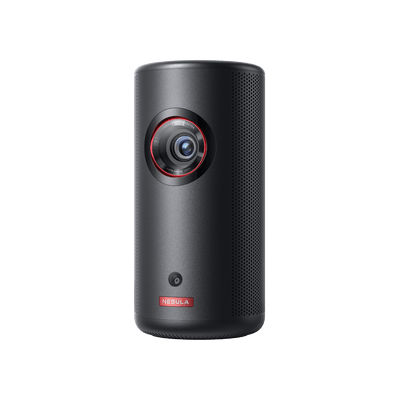When it comes to creating an enjoyable outdoor entertainment space, choosing between an outdoor TV and a projector can be a perplexing decision. Both options offer their unique advantages, making us hesitant for a definitive choice. In this guide, we'll delve into the key factors to consider, such as screen size, brightness, weather resistance, and so on, to help you make an informed decision that ensures unforgettable outdoor entertainment. Keep reading to find out!

Outdoor TV vs Projector: Which Should You Choose
Choosing between an outdoor TV projector for your outdoor entertainment setup can significantly impact the way you enjoy your outdoor space. Below are some of the crucial factors to have in mind when making the decision on outdoor TV vs projector.
Screen Size
To begin with, screen size plays a pivotal role in determining the immersive experience of your outdoor entertainment. Modern outdoor TVs can be rather big, with a whole lot of big screen projection TV models reaching 85 inches or larger diagonally. However, even the biggest outdoor TV cannot rival outdoor projectors in regards to how expansive the screen can be. Most outdoor projectors can achieve a screen size of 150-200 inches with ease, far exceeding that of an outdoor TV.
Moreover, the screen size of projectors is flexible. There are various ways to tailor the screen size to achieve the best visual effect and level of comfort. For example, you can simply move the projector nearer to or farther away from the screen to shrink or enlarge the image. Alternatively, you can make use of the zoom function to change the screen size without moving the projector, provided that your projector has integrated zooming capabilities.
Brightness Level
Brightness is another critical factor to weigh when choosing between an outdoor TV and a projector. Outdoor projection TVs are specifically designed to combat bright outdoor conditions. They come equipped with high brightness levels and anti-glare screens, ensuring that you can enjoy your favorite shows or sports events even on a sunny day or during twilight hours. This makes them a reliable choice if you want a consistent viewing experience, regardless of the time of day.
Common projectors, on the other hand, may struggle in well-lit conditions, especially if the projector has a low lumen level. However, you can invest in some high-brightness models with 2000 or higher ANSI lumens for outdoors or use them in a shaded area. Keep in mind that projectors are more adaptable in terms of location and setups to provide a captivating entertainment experience.
Weather Resistance
When it comes to outdoor entertainment, you must consider the weather resistance of your chosen equipment to prevent it from being damaged by the elements. In this regard, great waterproof TVs for outside areas are slightly advantageous. These outdoor TVs are purpose-built for use outdoors, and they can come with robust weatherproof enclosures and outdoor TV screens to withstand various environmental conditions from rain and dust to extreme temperatures, making them a reliable choice if you live in an area with unpredictable weather.
Comparatively speaking, most projectors are generally less weather-resistant by default. This is because most projectors are not built for exclusive outdoor use. However, there are indeed some projector models that boast high levels of weather resistance. For example, the outdoor projector weatherproof model - Nebula Mars 3 is endowed with IPX3 water resistance, plus 0.5 m drop resistance and 0.7 mm dust resistance. Moreover, it has a lens cover, shielding its most crucial component tightly from whatever the outdoors has in store.

Ease of Setup
The ease of setting up your outdoor entertainment system is another crucial factor to consider. This can greatly influence how quickly you can start enjoying your outdoor space. Outdoor TVs typically come ready to install with minimal setup required. Most models can be mounted on a wall or placed on a stand, and they often include user-friendly interfaces and remote controls. This means you can have your outdoor TV up and running in a short amount of time.
Projectors, on the other hand, can be more complex to set up. They require additional components, such as a screen or projection surface, a projector mount or stand, and possibly audio equipment (in case your projector does not have built-in speakers). Setting up a projector can be a bit more time-consuming, but once you have set up and used the projectors, it will be easy to get them ready next time.
Price
Lastly, any factor list related to purchase decisions would be incomplete without price and budget. A comparison of the prices of outdoor TVs and projectors is vital in determining which one you should opt for. Outdoor TVs are known for their convenience and durability, but they often come with a premium price tag that often exceeds $1,500. The specialized construction, weatherproofing, and high brightness levels of outdoor TVs contribute to their higher cost.
Projectors, on the other hand, typically offer a more cost-effective solution. You can find projectors at a wide range of prices, from affordable models suitable for occasional use to high-end options designed for outdoor home theaters. For instance, by simply skimming through Nebula’s collection of outdoor projectors, we can notice that outdoor projectors can come with any price tag, from $289.99 (Nebula Capsule) to $1,999.99 (Nebula Cosmos Laser 4K). This diverse collection of projectors for backyards gives customers with every budget something to choose from and fulfill their outdoor entertainment needs.
Conclusion
When facing the choice between outdoor TV vs projector for your outdoor entertainment space, it's crucial to consider a range of factors, with screen size, brightness level, weather resistance, ease of setup, and price being the major ones. By doing so, you will be guaranteed not only a suitable outdoor entertainment setup that aligns with your needs and preferences but also countless unforgettable outdoor movie nights.
FAQ
Can you use a projector during the day?
Yes, it is possible to use a projector during the day. However, if there is too much ambient light, the projected image can be washed out, reducing its visibility. To counter this, you'll need a high-brightness projector with significant lumens output (preferably over 2000 lumens) so that you can see the image clearly.
Can a regular TV be used outdoors?
Using a regular indoor TV outdoors is not recommended due to the following two factors:
Weather Vulnerability: Regular TVs are not built to withstand outdoor conditions, including rain, extreme temperatures, and humidity, making them susceptible to damage.
Insufficient Brightness: Regular TVs are built for indoor use. As a result, their images may not be bright enough when placed outdoors, causing reduced visibility and possibly eye strains.
